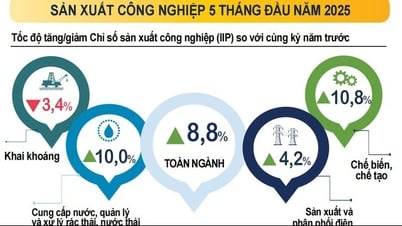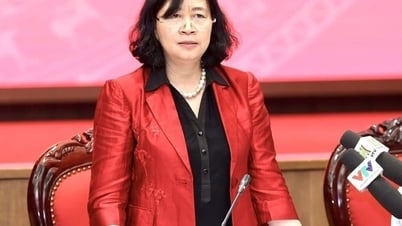
China's population is aging rapidly. Illustration photo by Reuters
China’s 1.4 billion population is shrinking and aging as a result of its one-child policy from 1980 to 2015, putting pressure on the country’s already ballooning pension budget, prompting policymakers to urgently address the situation, Reuters reported.
China is considering a "progressive, flexible and differentiated path to raising the retirement age," the Global Times quoted Jin Weigang, president of the Chinese Academy of Labor Sciences and Social Security, as saying. Under the plan, the retirement age will initially be raised by a few months, then gradually increased.
“The most important feature of the policy is to allow people to choose their retirement timing according to their circumstances and conditions,” Mr. Jin said.
China has yet to officially announce a change in its retirement age, which is among the lowest in the world at 60 for men, 55 for office workers and 50 for women working in factories.
On March 13, new Prime Minister Li Qiang said the government will conduct rigorous research and analysis to carefully formulate a policy to raise the retirement age.
According to China's National Health Commission, the number of people aged 60 and above will increase from 280 million to more than 400 million by 2035. The average life expectancy of Chinese people has increased from about 44 years in 1960 to 78 years in 2021 and is expected to exceed 80 years by 2050.
Economists and demographers say China's current pension system is unsustainable and needs reform, as a shrinking workforce must pay pensions to a growing number of retirees.
Currently, five workers contribute to support one retiree. That’s half the ratio of a decade ago and is on track to be four workers per retiree by 2030, then two workers per retiree by 2050.
Ministry of Finance data shows that 11 of China's 31 provincial-level jurisdictions are running pension budget deficits, with the state-run Chinese Academy of Sciences predicting that the pension system will run out of money by 2035.
SERIOUS (According to Reuters)
Source

























![[Photo] Nearly 104,000 candidates in Hanoi complete procedures to take the 10th grade entrance exam](https://vphoto.vietnam.vn/thumb/1200x675/vietnam/resource/IMAGE/2025/6/7/7dbf58fd77224eb583ea5c819ebf5a4e)






























































![[OCOP REVIEW] Tu Duyen Syrup - The essence of herbs from the mountains and forests of Nhu Thanh](https://vphoto.vietnam.vn/thumb/402x226/vietnam/resource/IMAGE/2025/6/5/58ca32fce4ec44039e444fbfae7e75ec)







Comment (0)